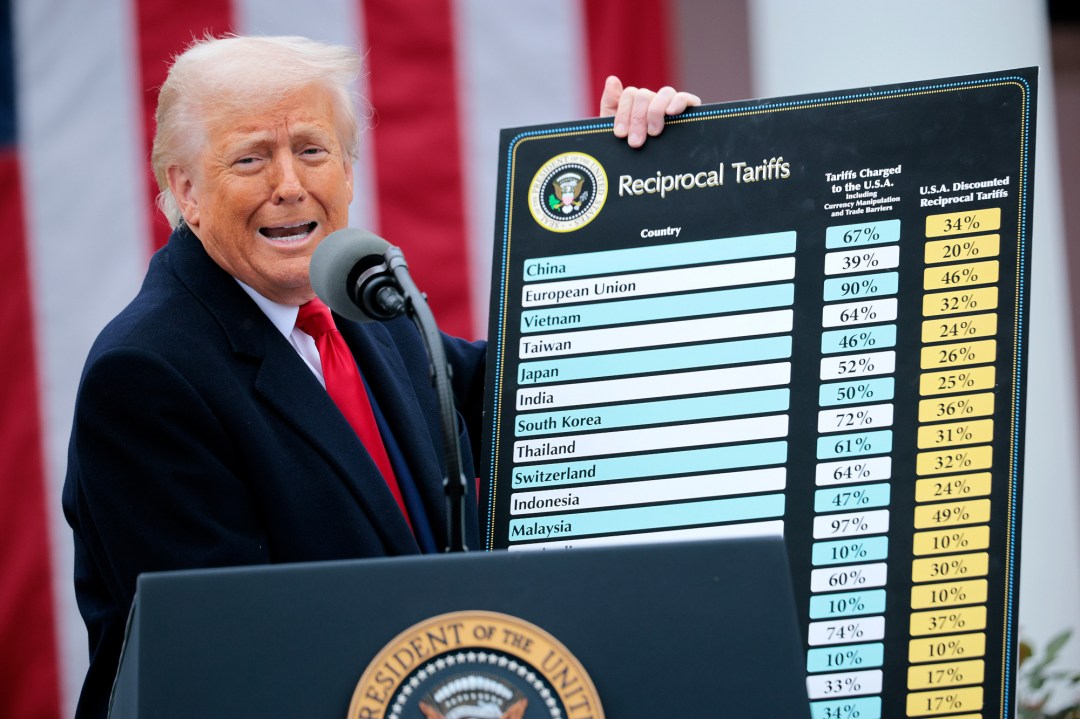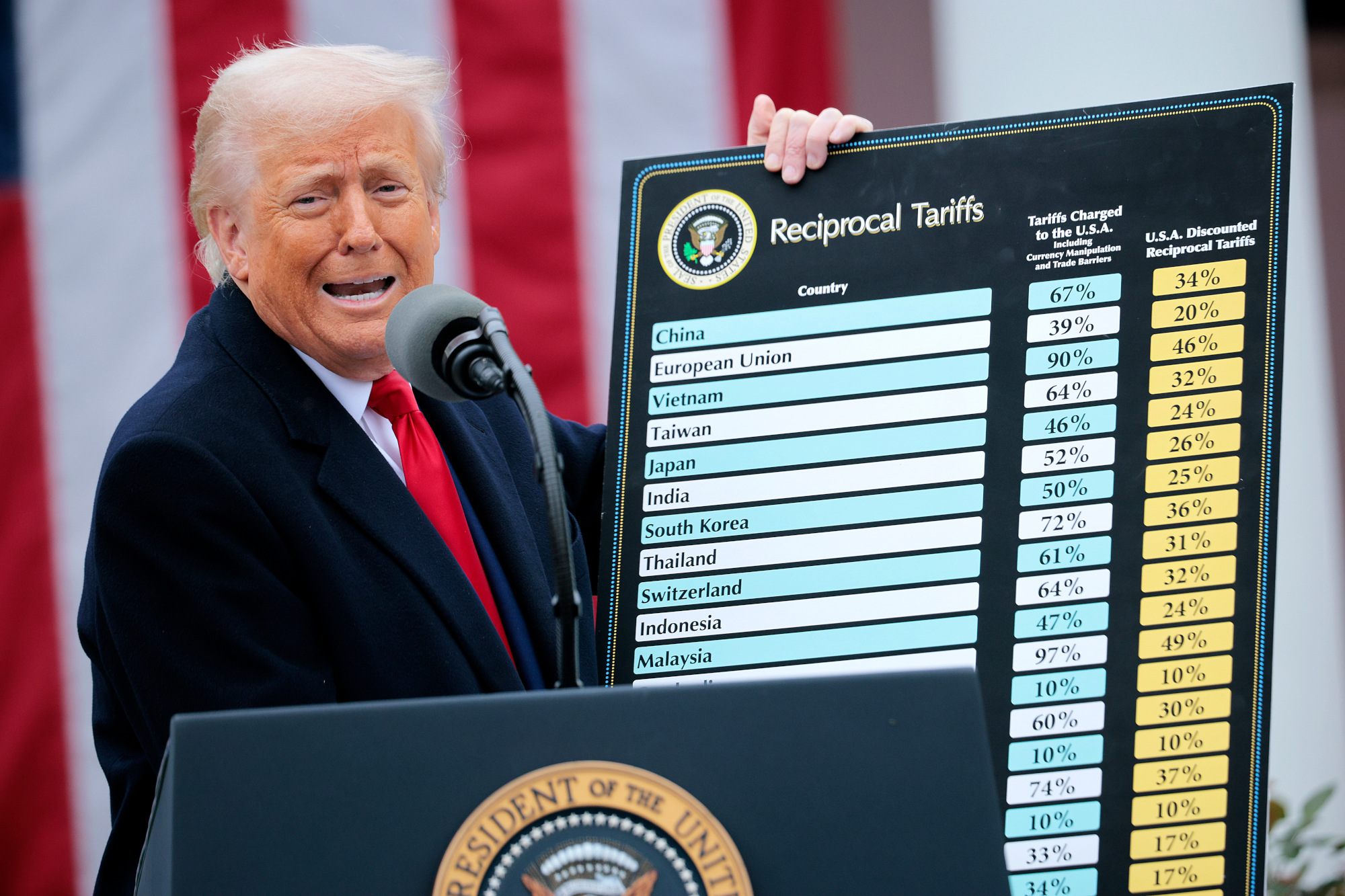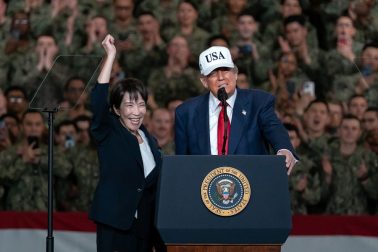Overnight three federal judges on the United States Court of International Trade ruled that Donald Trump’s worldwide tariffs are unlawful and blocked them from going into effect. A group of businesses had taken the President’s administration to court, successfully arguing that the tariffs announced on ‘Liberation Day’ were beyond the powers of the presidency.
The ruling made clear that the US Congress has sole authority on passing legislation affecting cross-border trade. The White House immediately appealed and argued that the court does not have the right to rule on the matter.
The effect of the ruling will be to dismantle the entire tariff regime announced on Liberation Day
The effect of the ruling will be to dismantle the entire tariff regime announced on Liberation Day, with import duties only remaining on steel, aluminium and cars, returning tariffs to the position they were in at the beginning of March. Businesses that have already paid tariffs may be entitled to compensation payments too, if the judgment is not overturned through the appeals process.
Stocks in London rose 0.6 per cent when markets opened, before reversing the gains, indicating that investors don’t consider last night’s judgment to be the end of the story. It was a different picture across the pond and in Asia, however, where stocks rose strongly on the news and remained up. Analysts were quick to warn that even if Trump’s particular legal vehicle for imposing import taxes is blocked, he has plenty of other options at his disposal to achieve the same ends.
Meanwhile, the European Union (which according to Allianz Trade was looking at a €100 billion hit from Trump’s tariffs – mostly impacting Germany) is preparing a more pragmatic approach to deal with Trump’s protectionism. ‘Key proposals include already floated ideas such as ramping up LNG [Liquified Natural Gas] and agricultural imports [from the US], but also reviving a zero-for-zero tariff framework for industrial goods and softening or adjusting digital taxes and the Carbon Border Adjustment Mechanism to reduce friction with US exporters,’ says Allianz.
If the tariffs are reinstated, which they most likely will be, new modelling from Oxford Economics suggests the effect on the global market will be disinflationary. While prices will obviously go up for American consumers as a result of the levies, the firm concludes that the negative impacts on demand will reduce commodity prices. Coupled with a weaker dollar this should reduce costs for other countries.








Comments